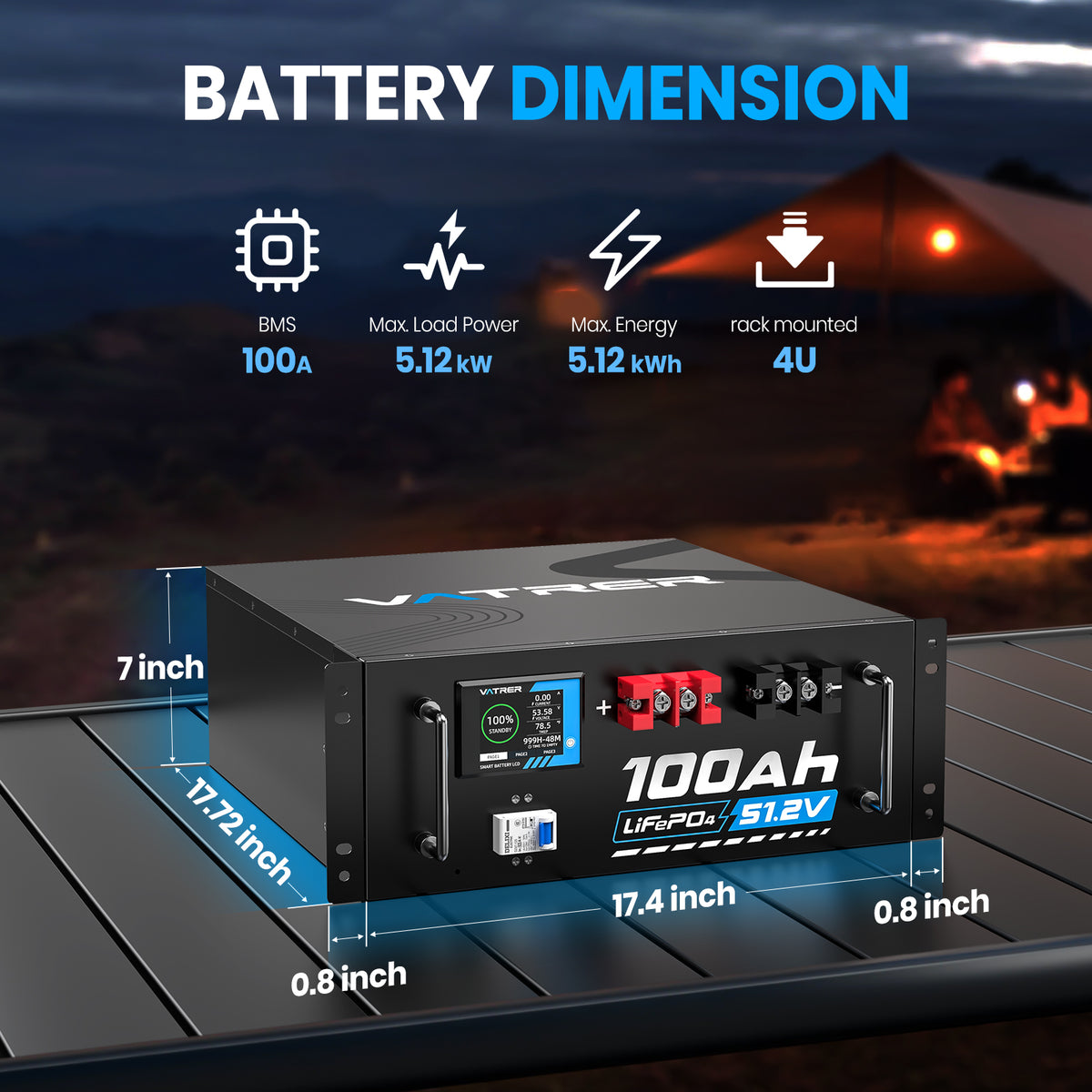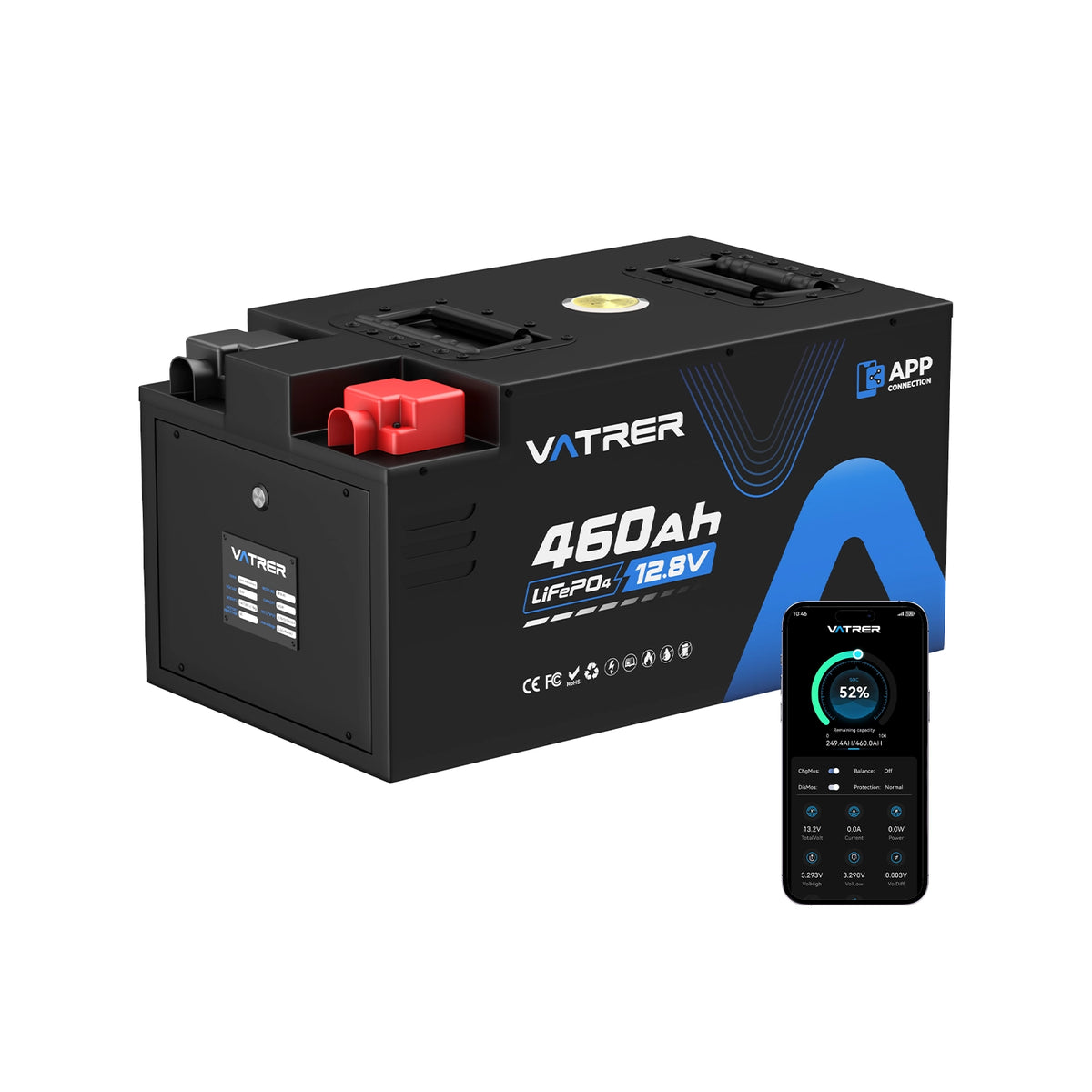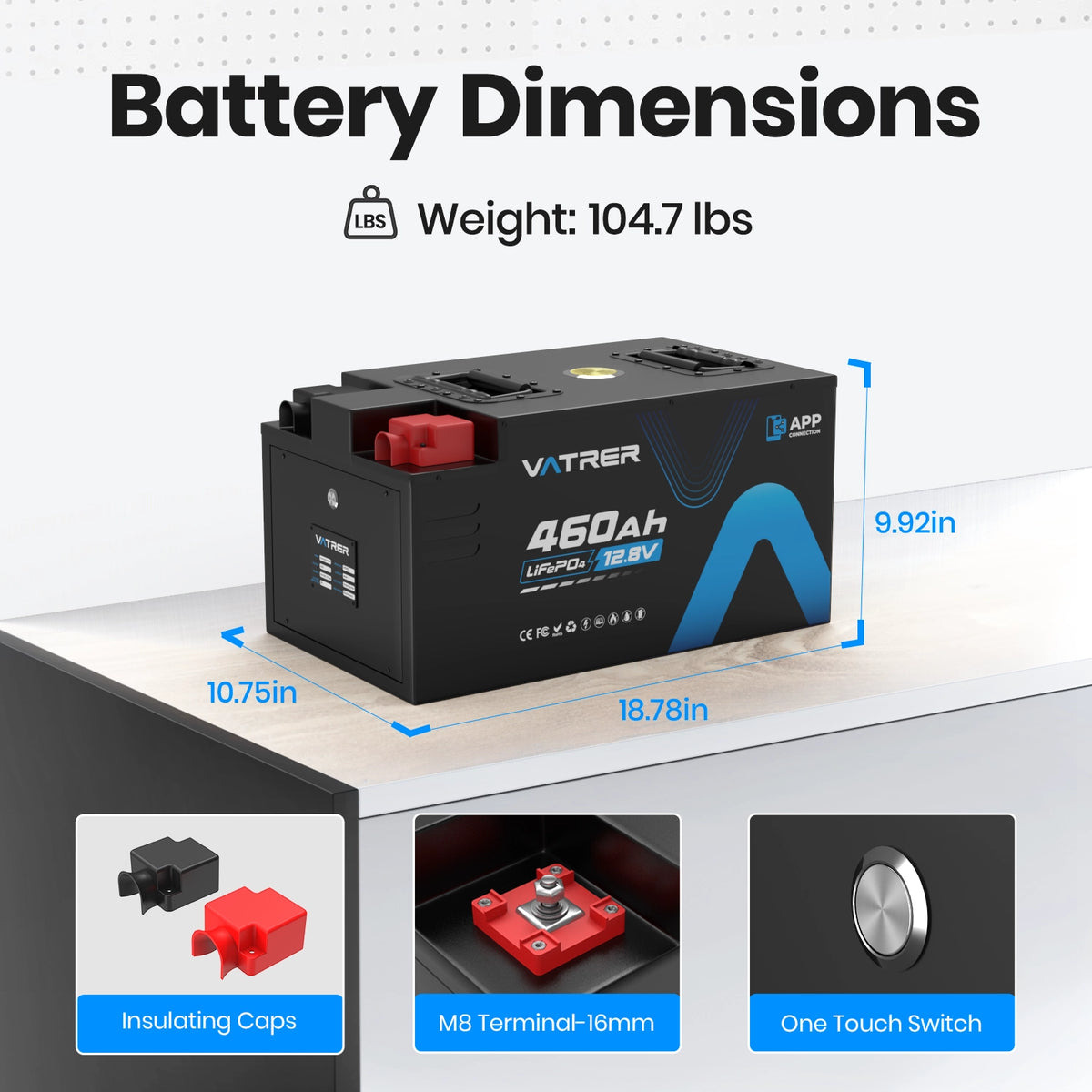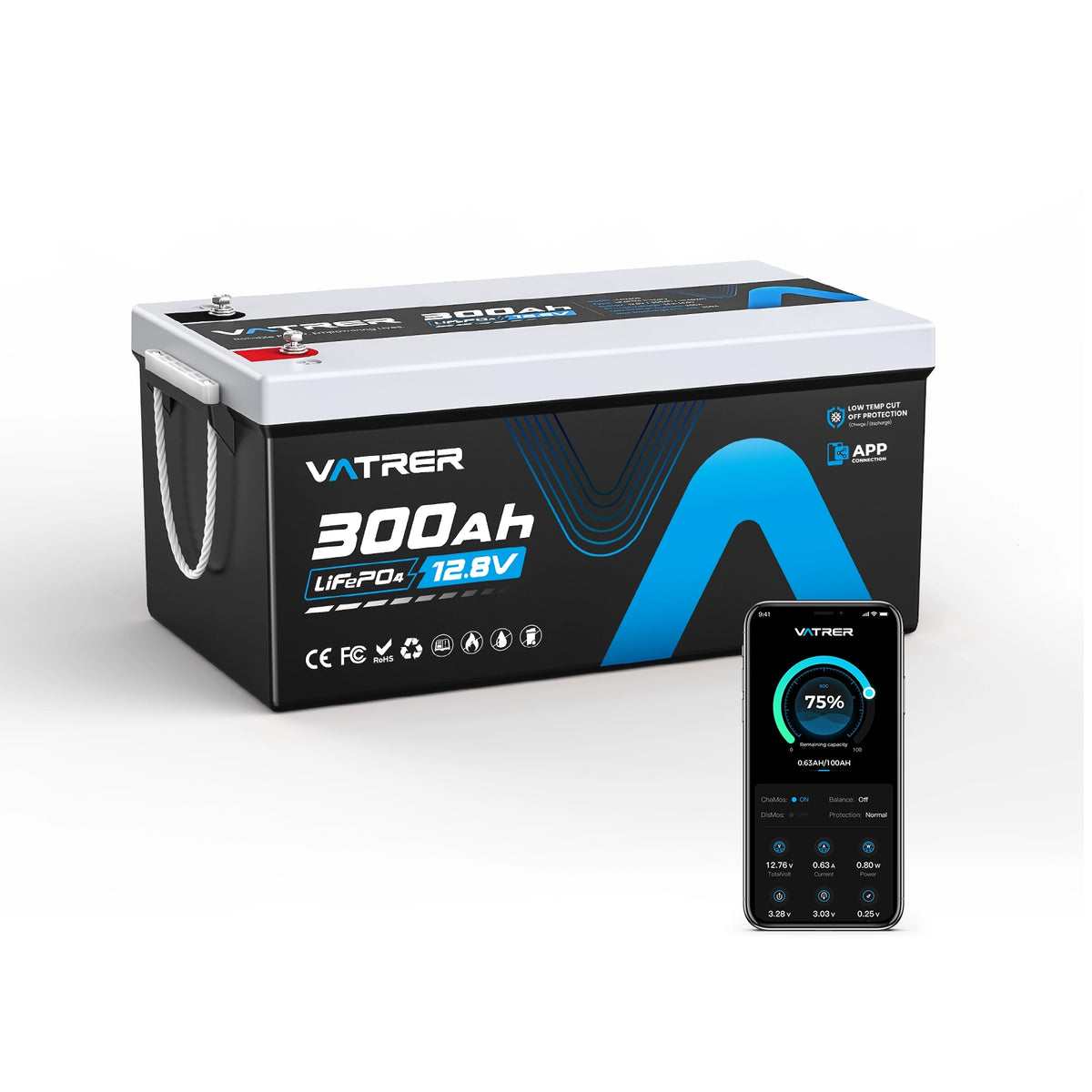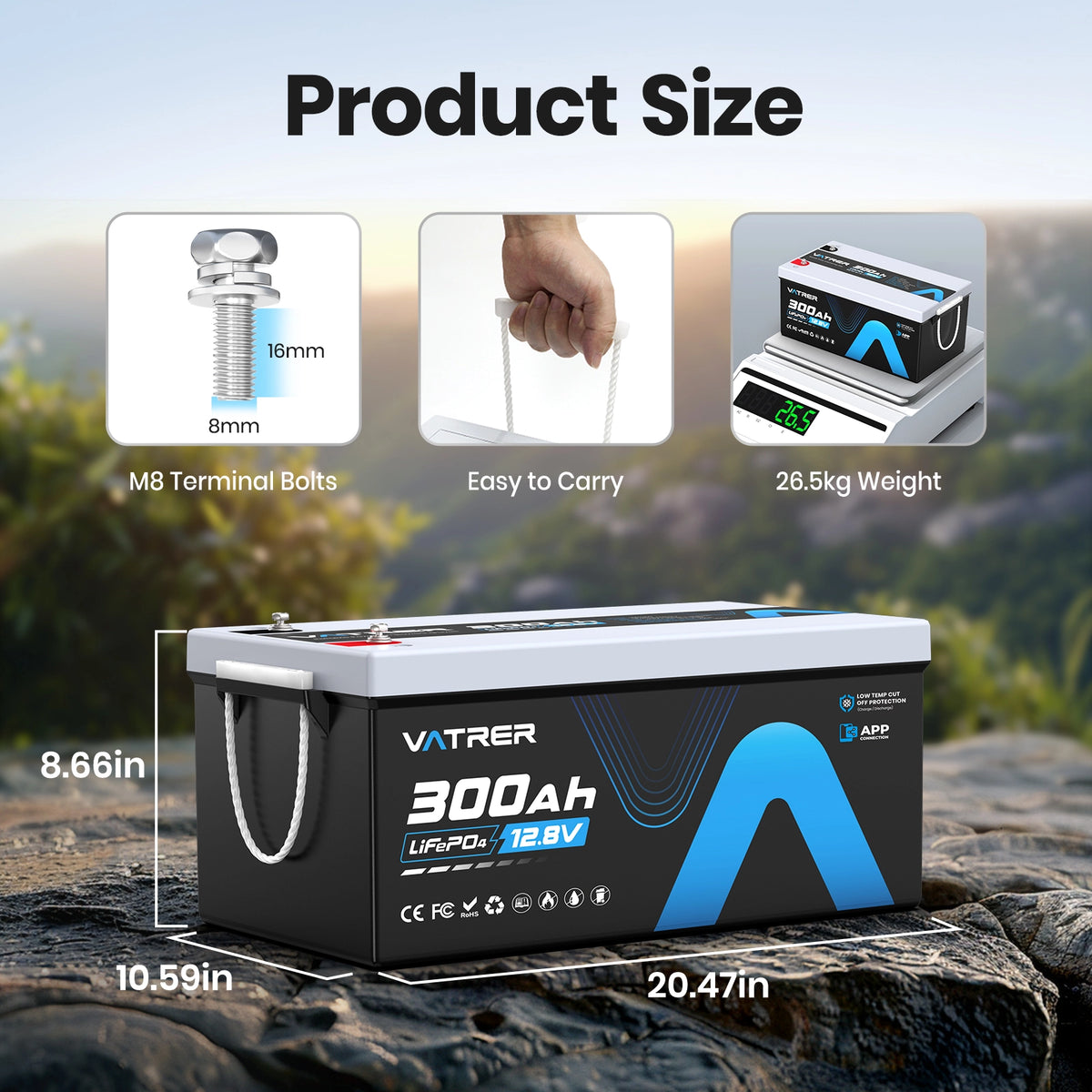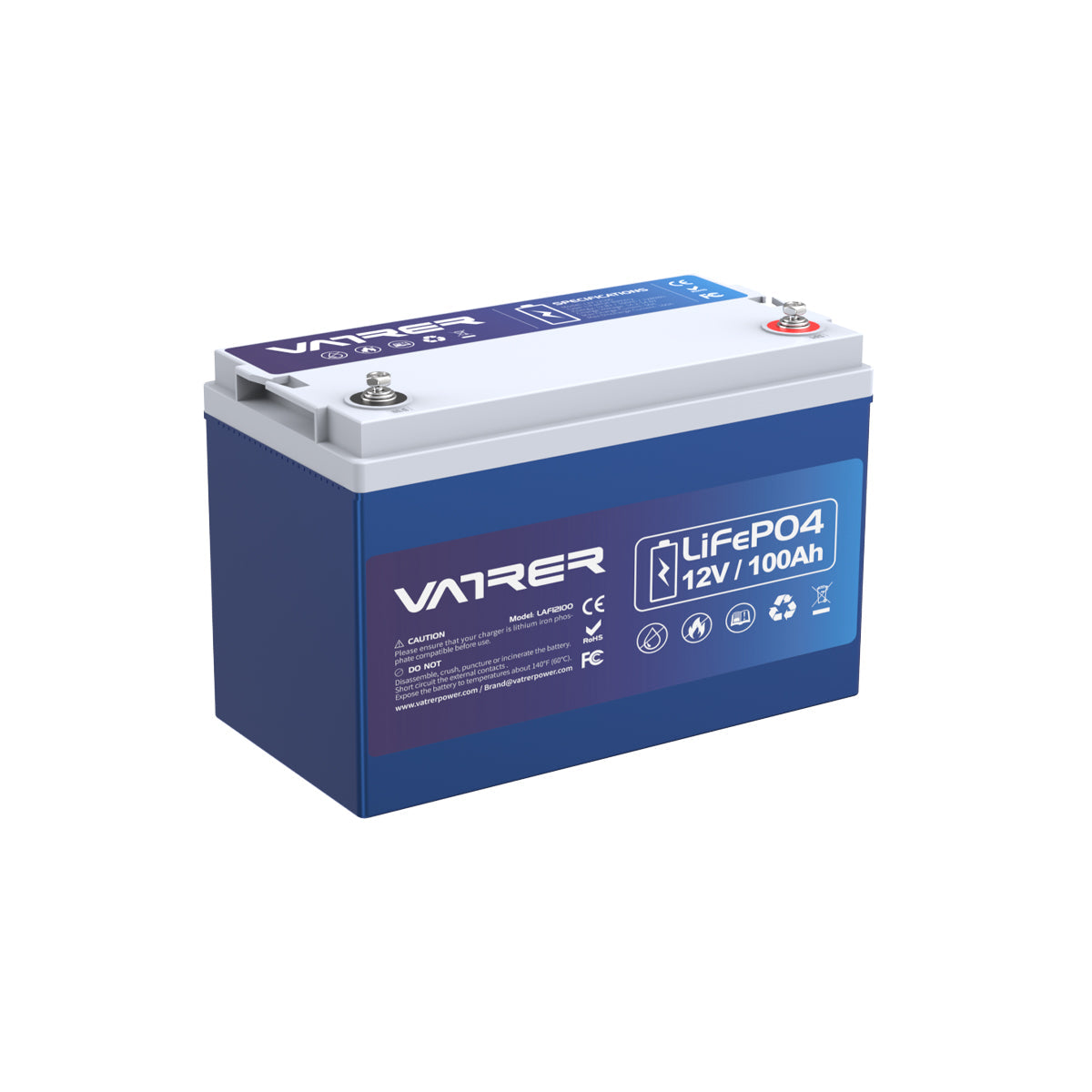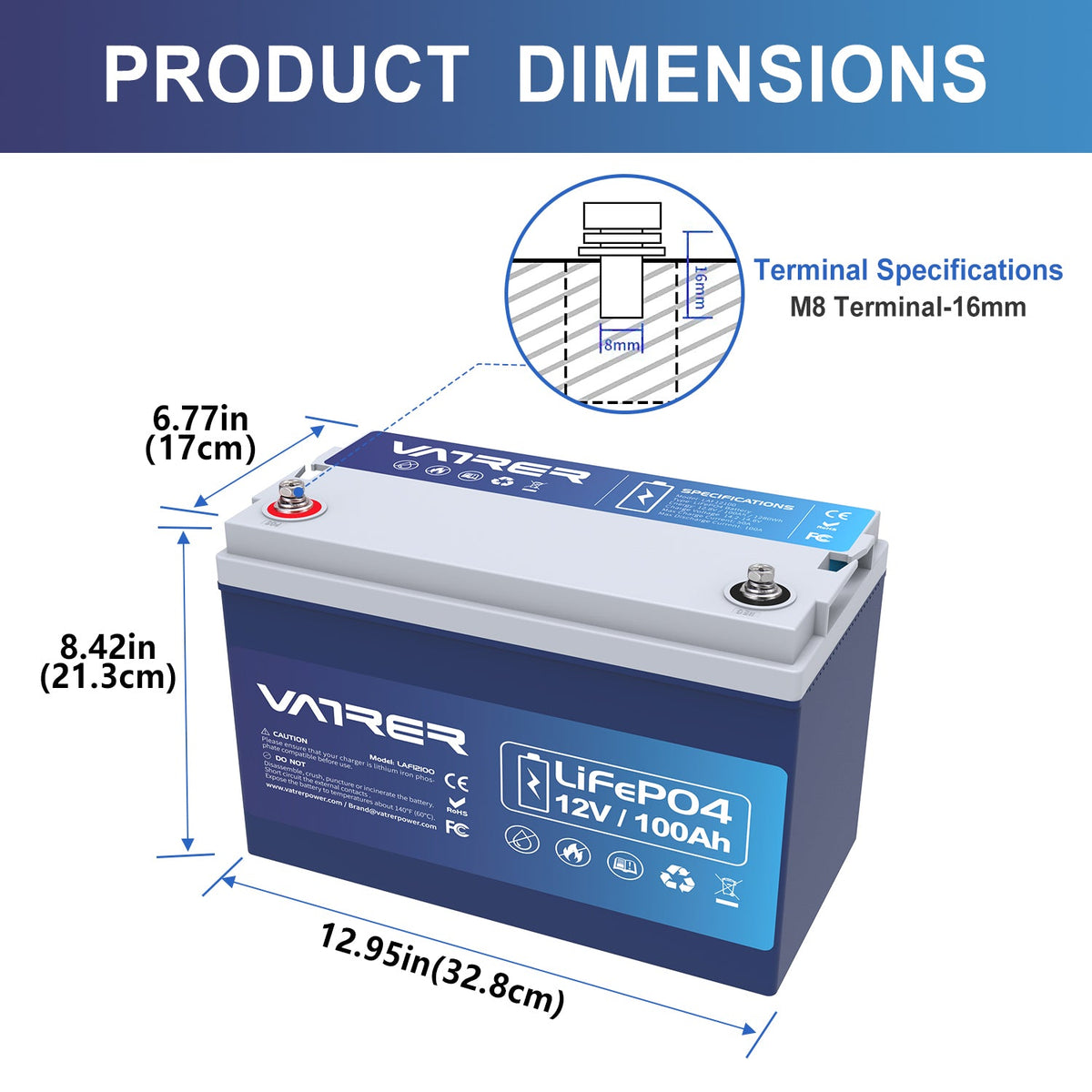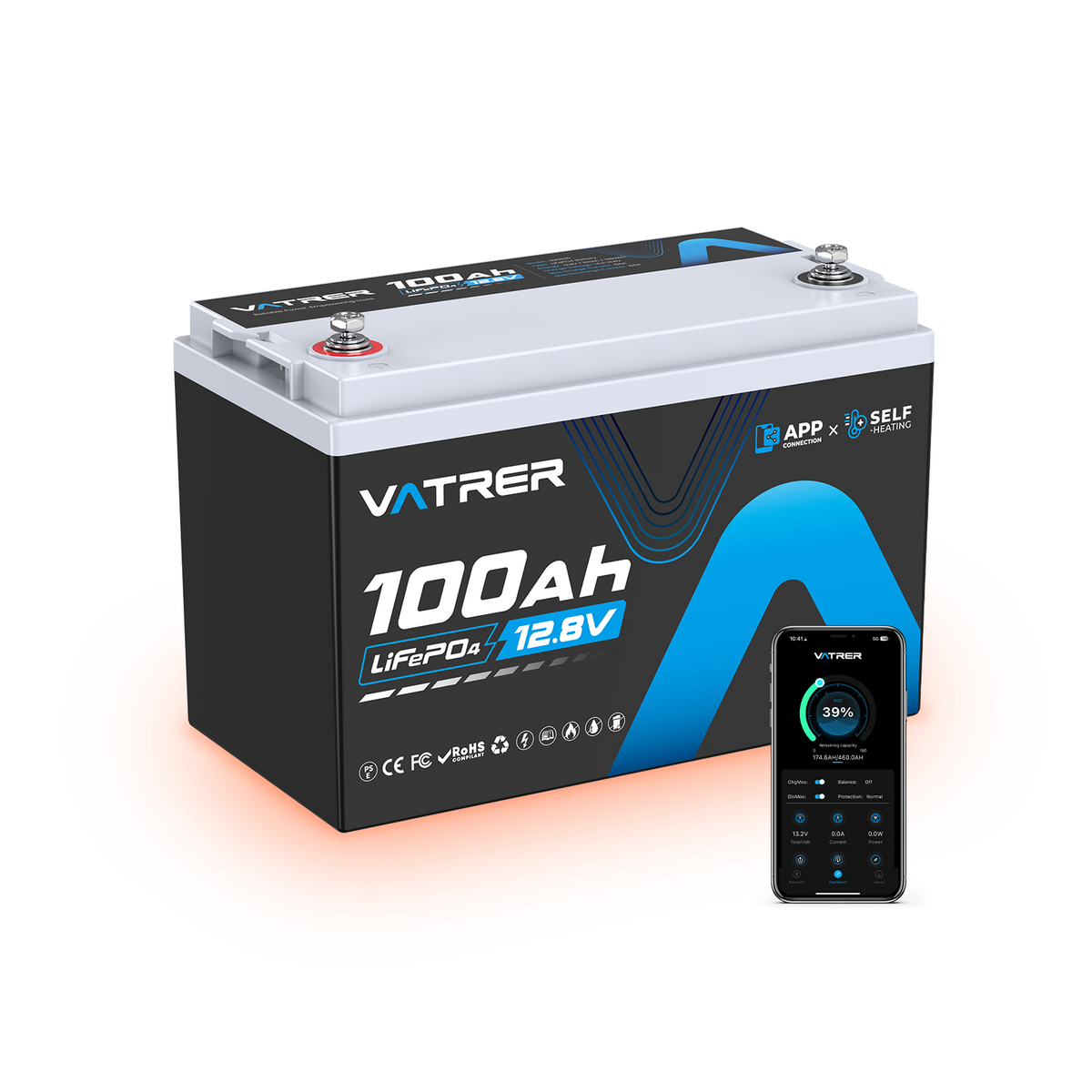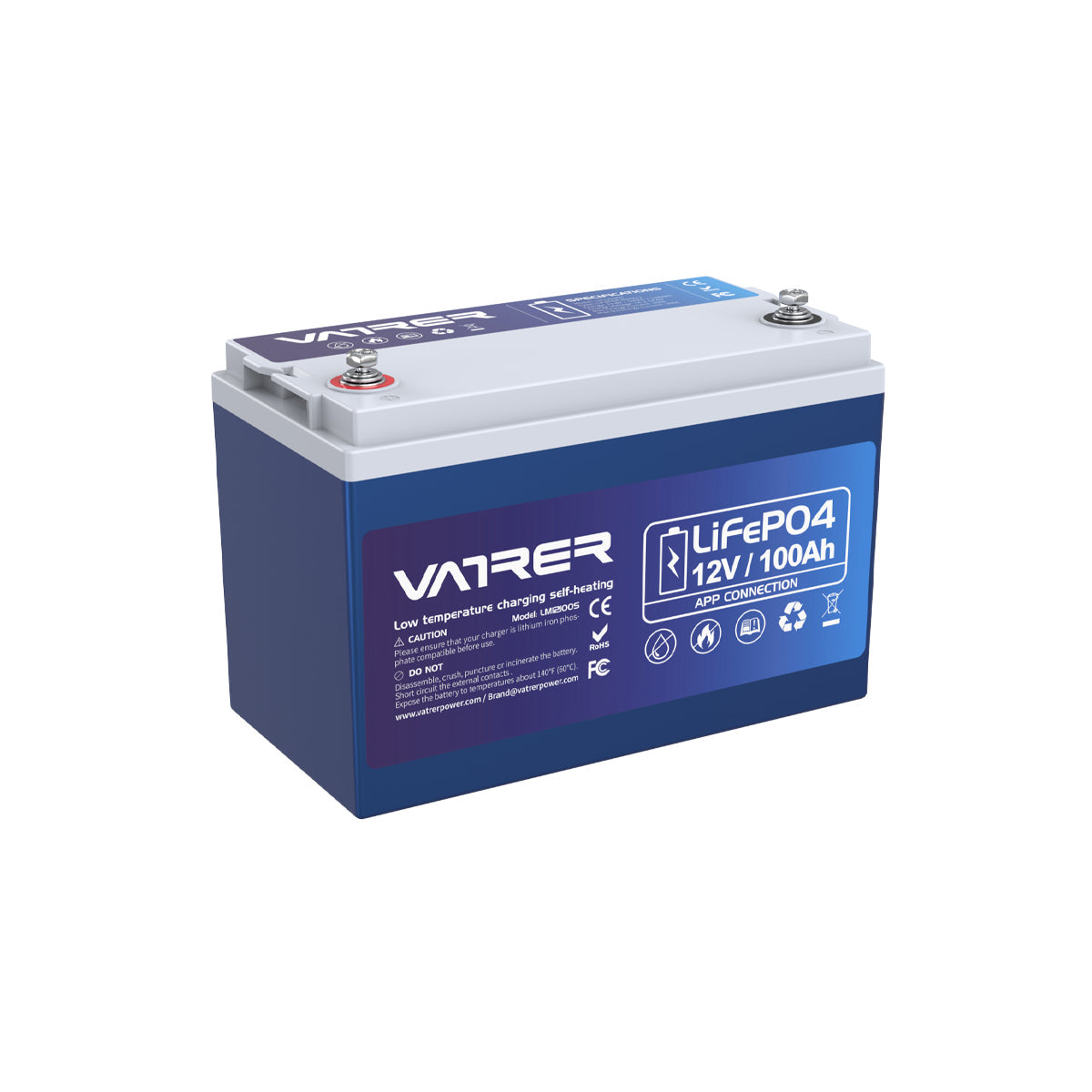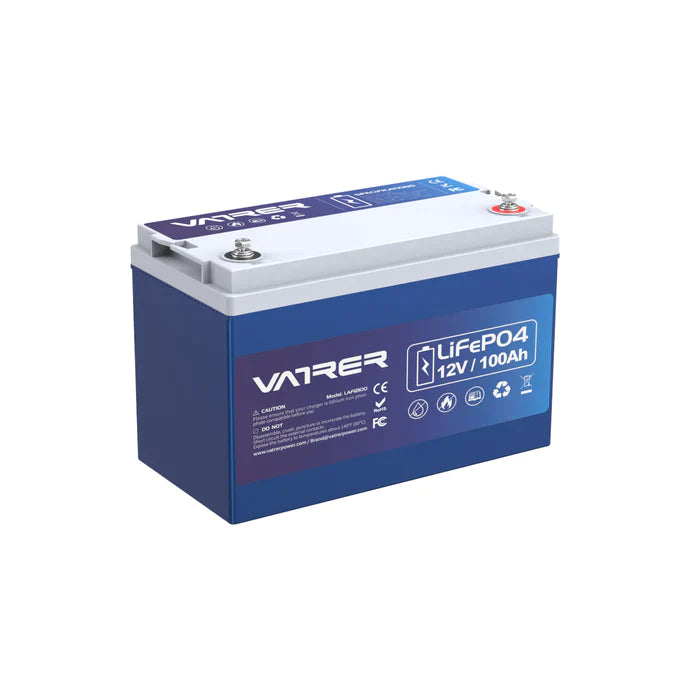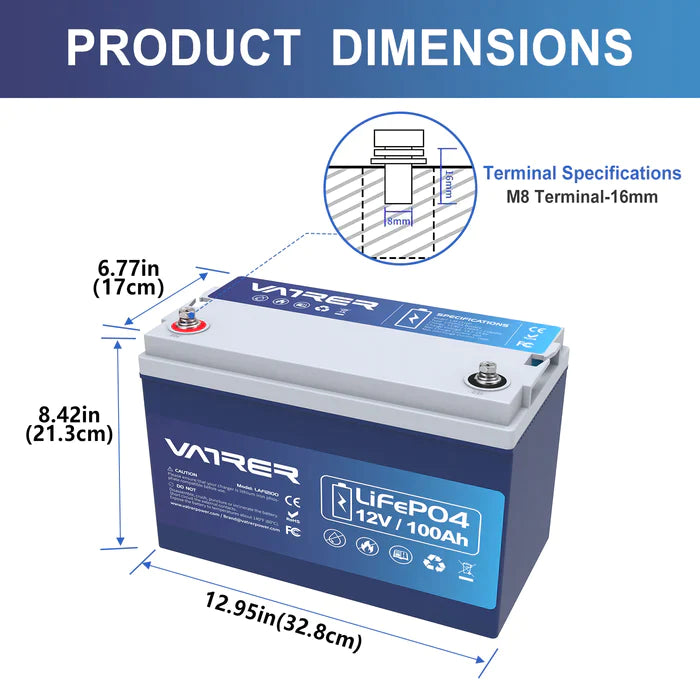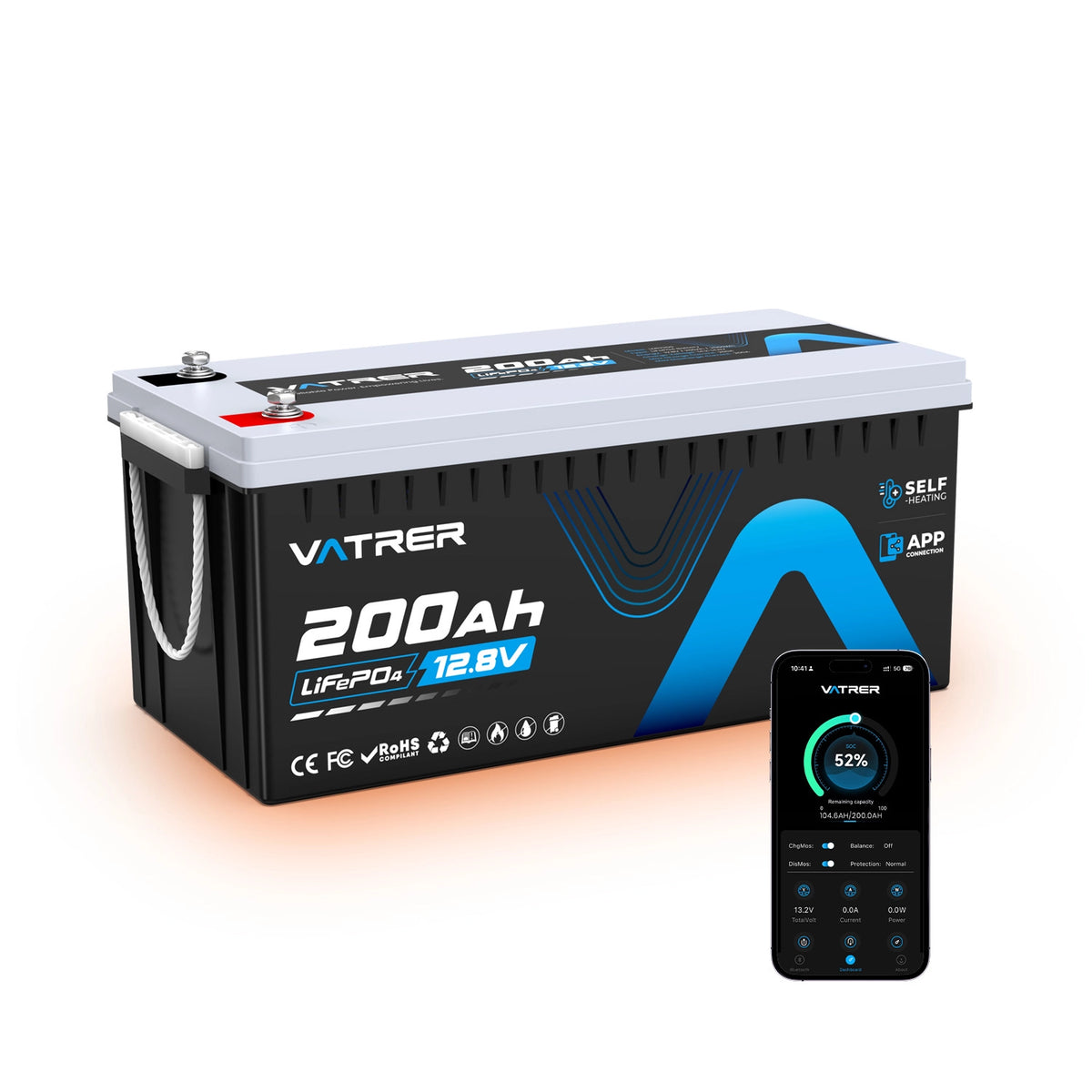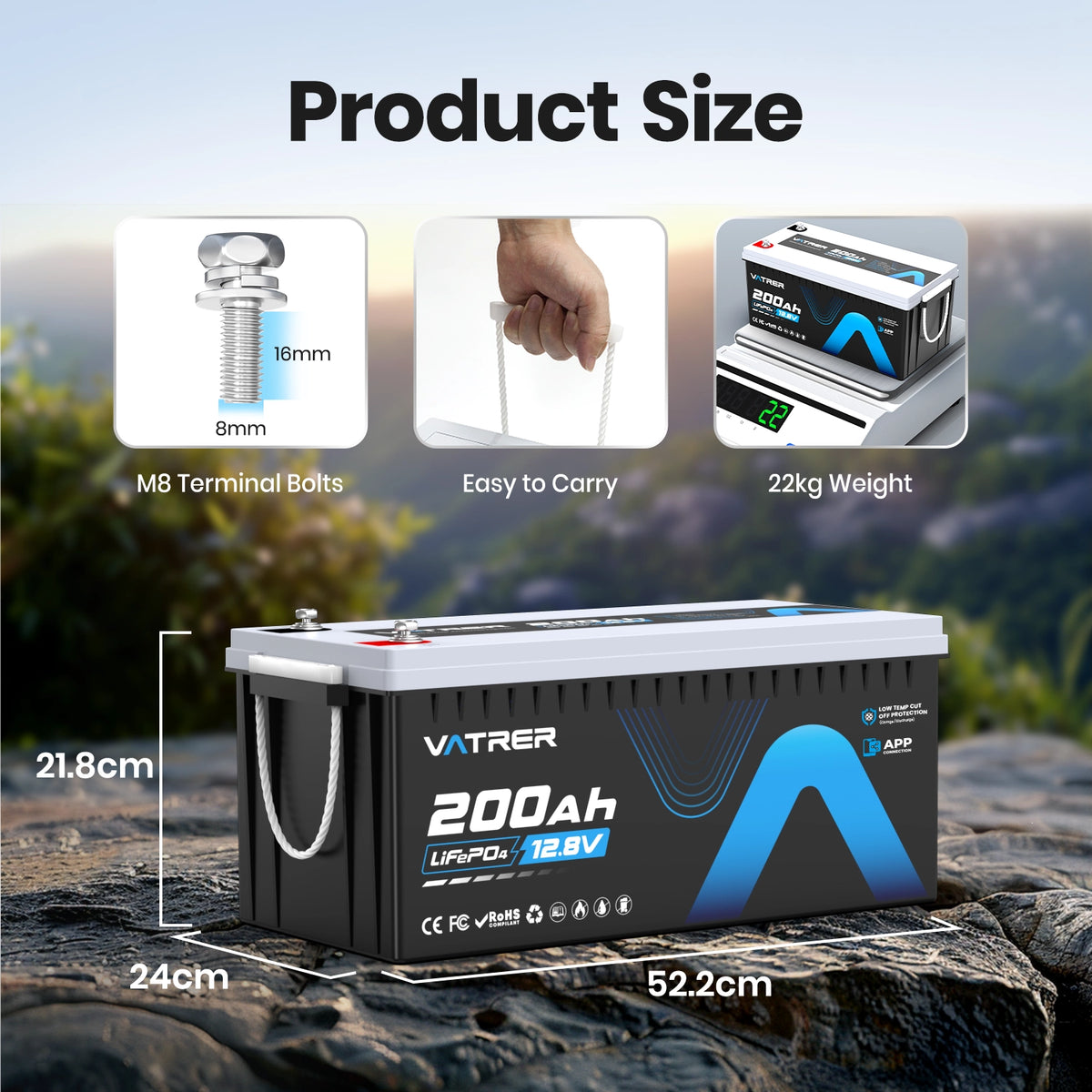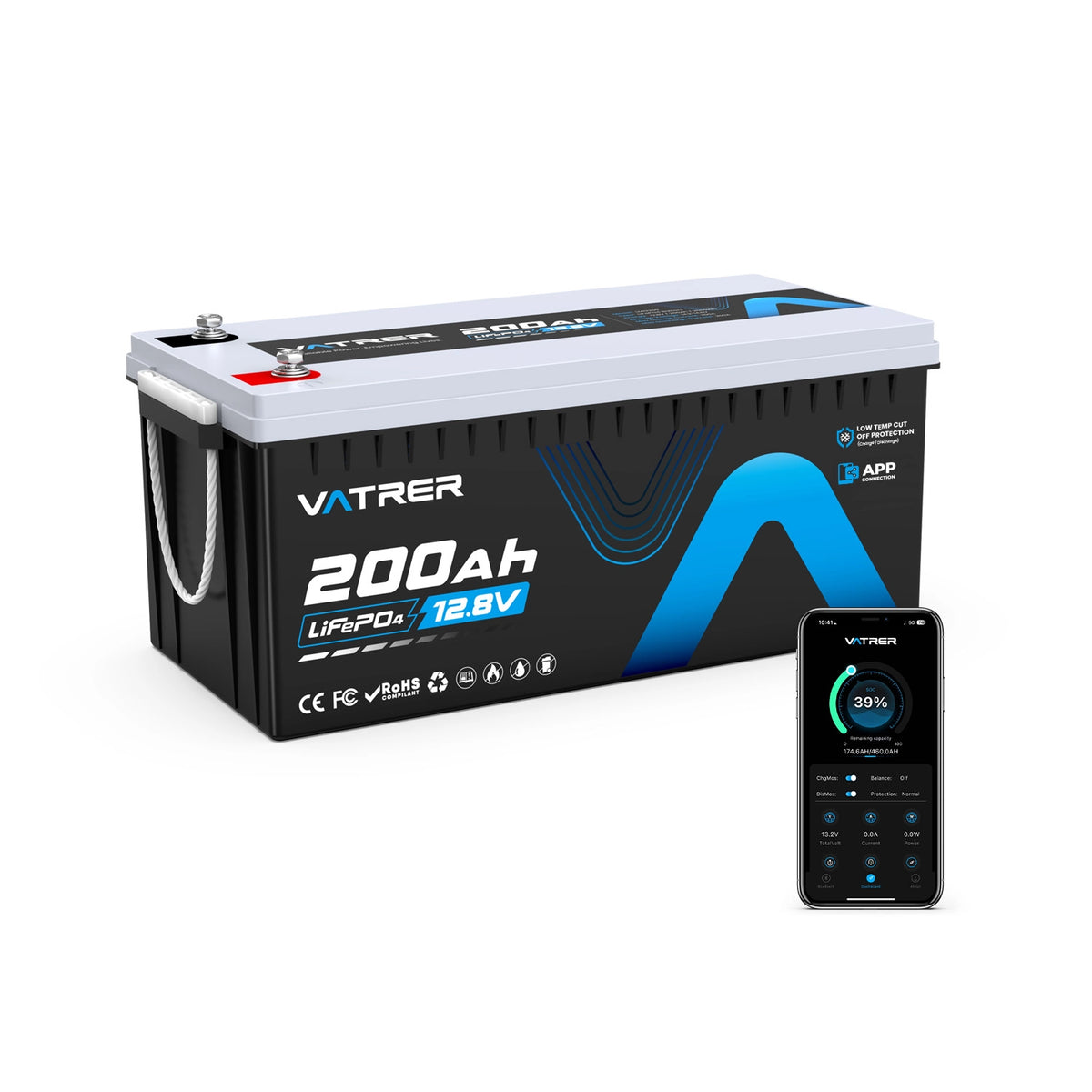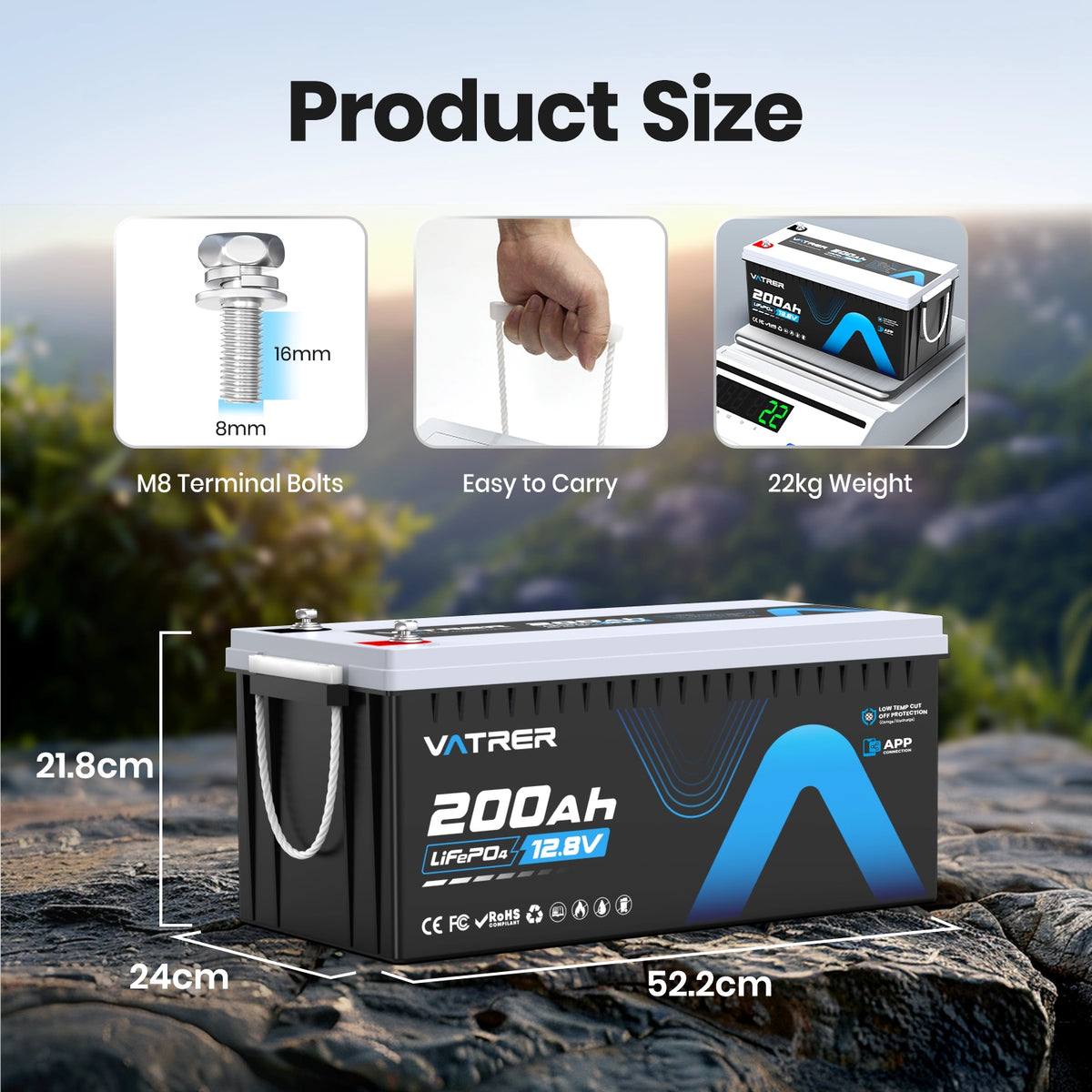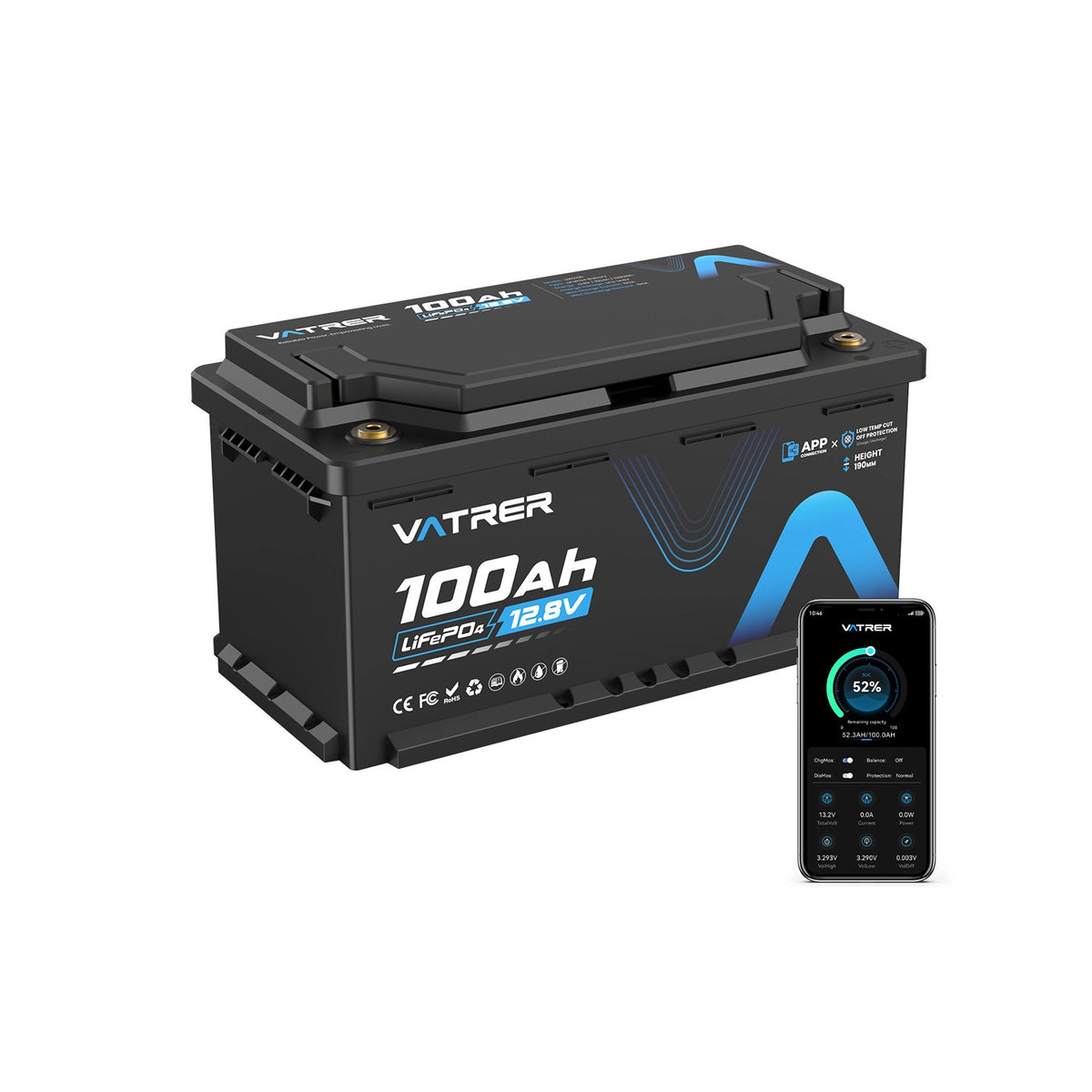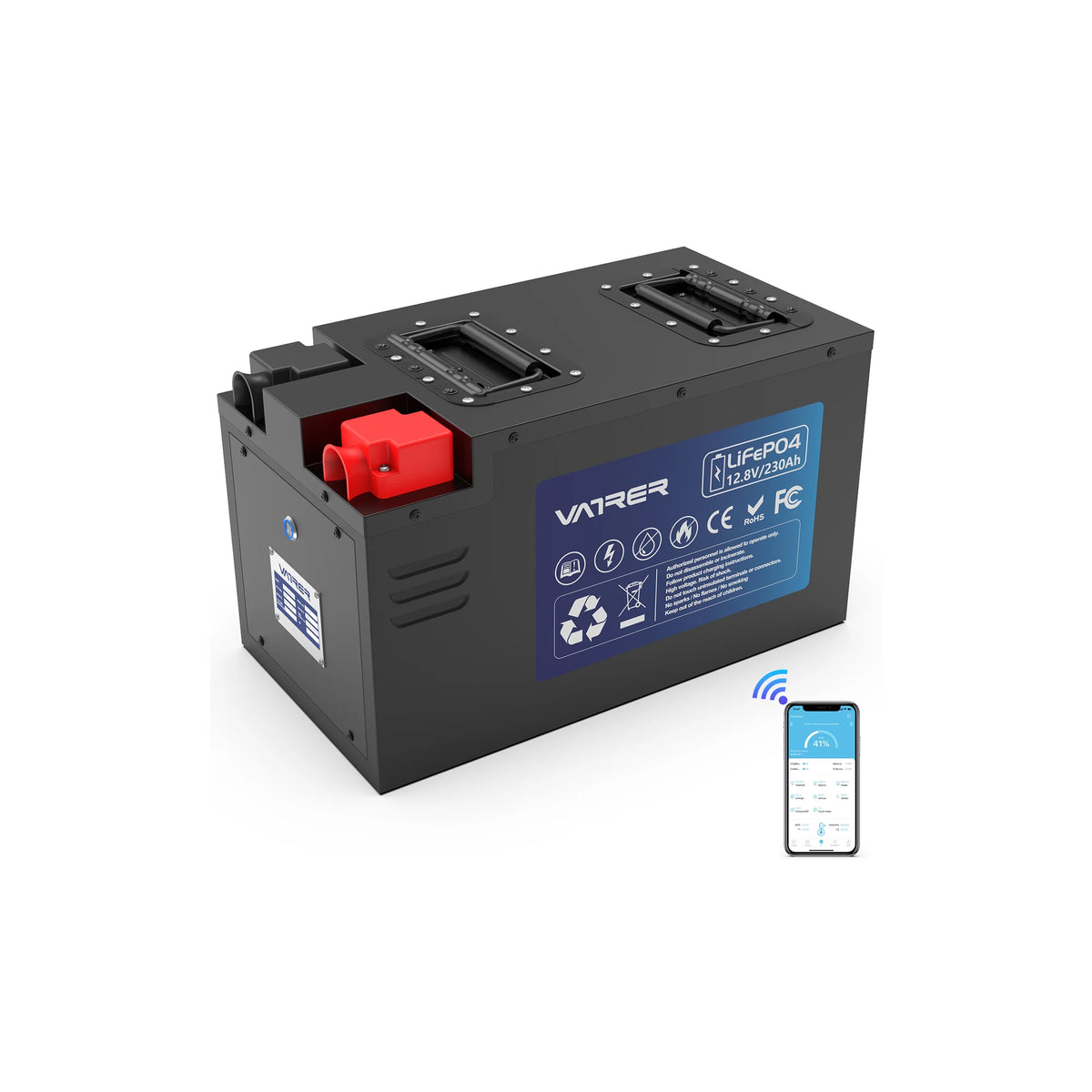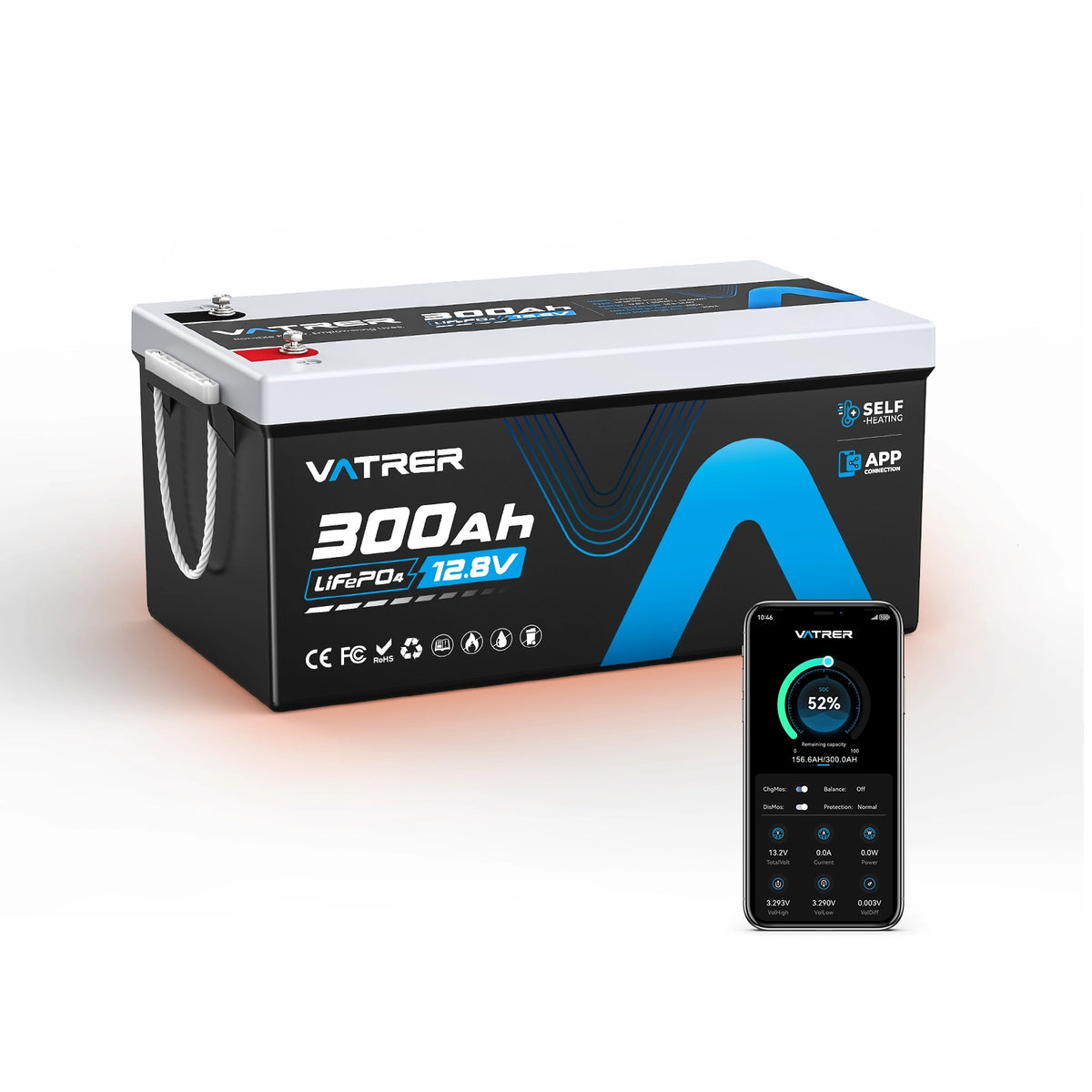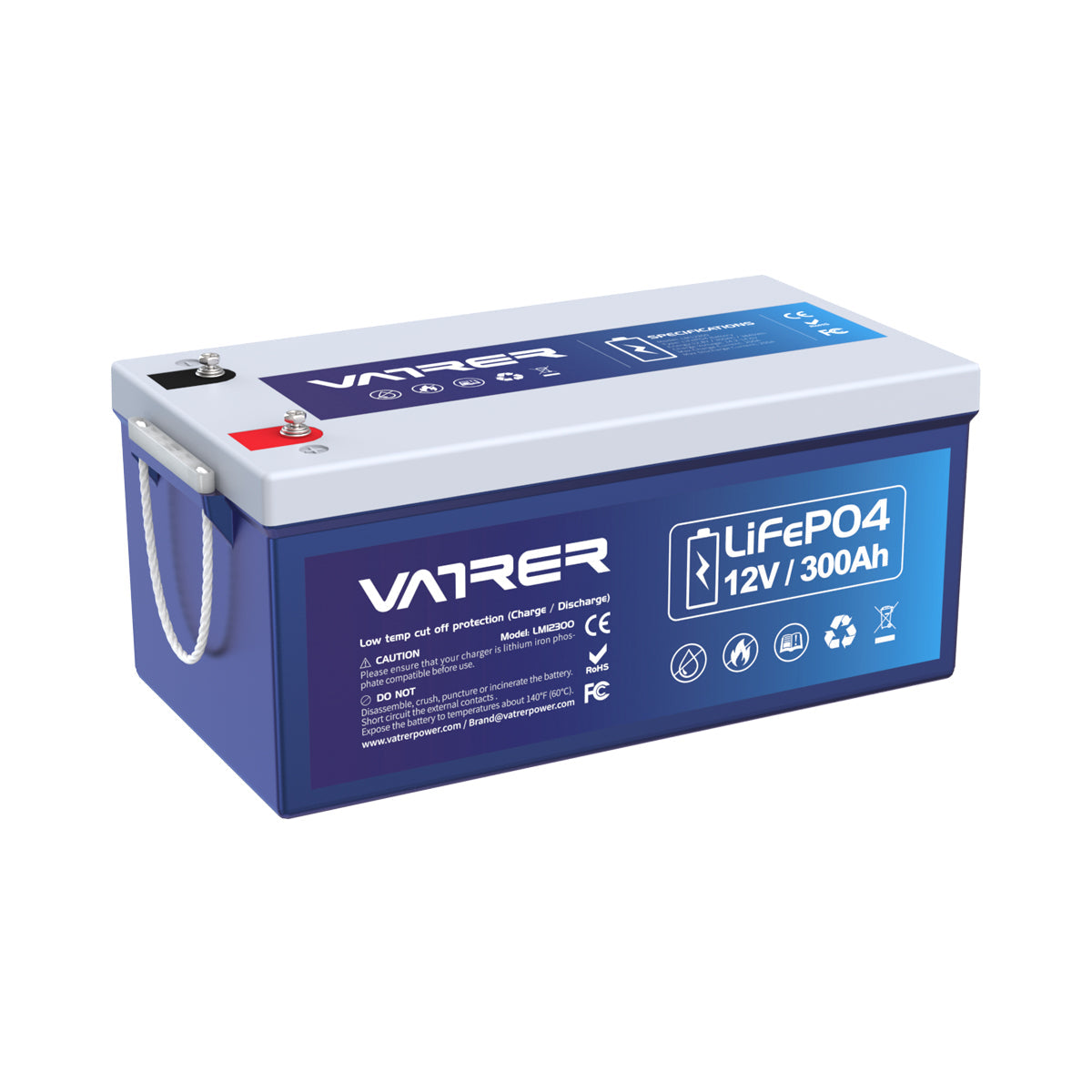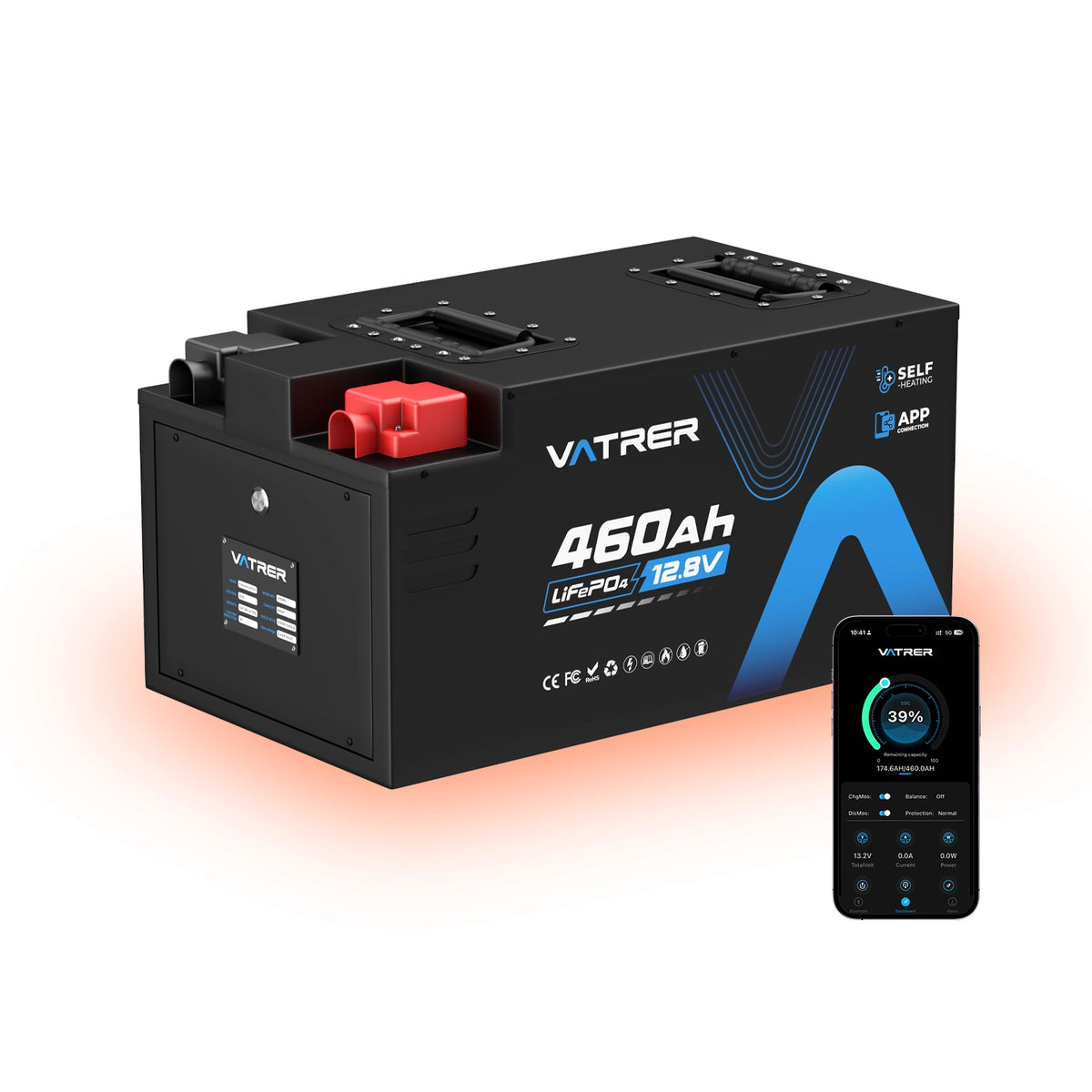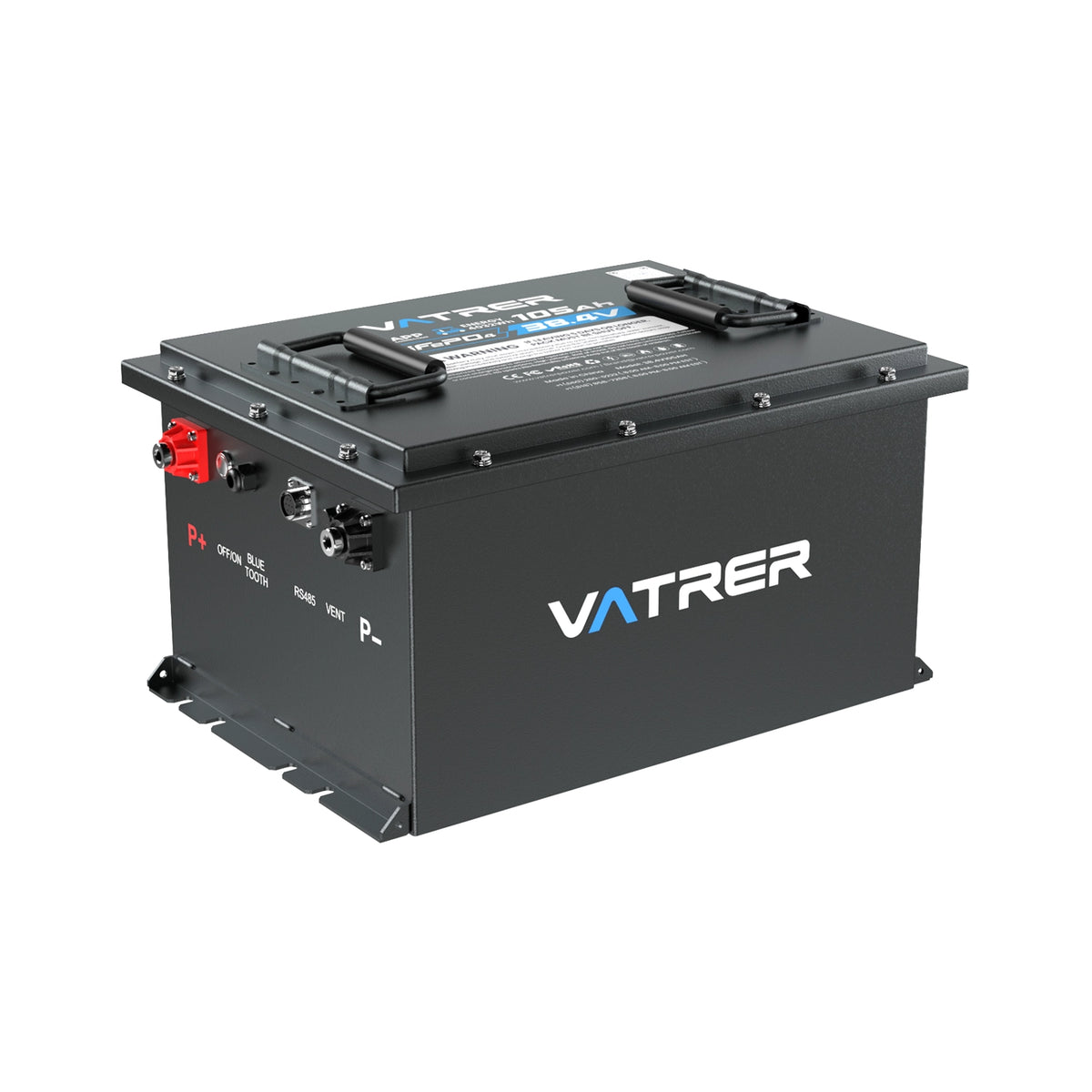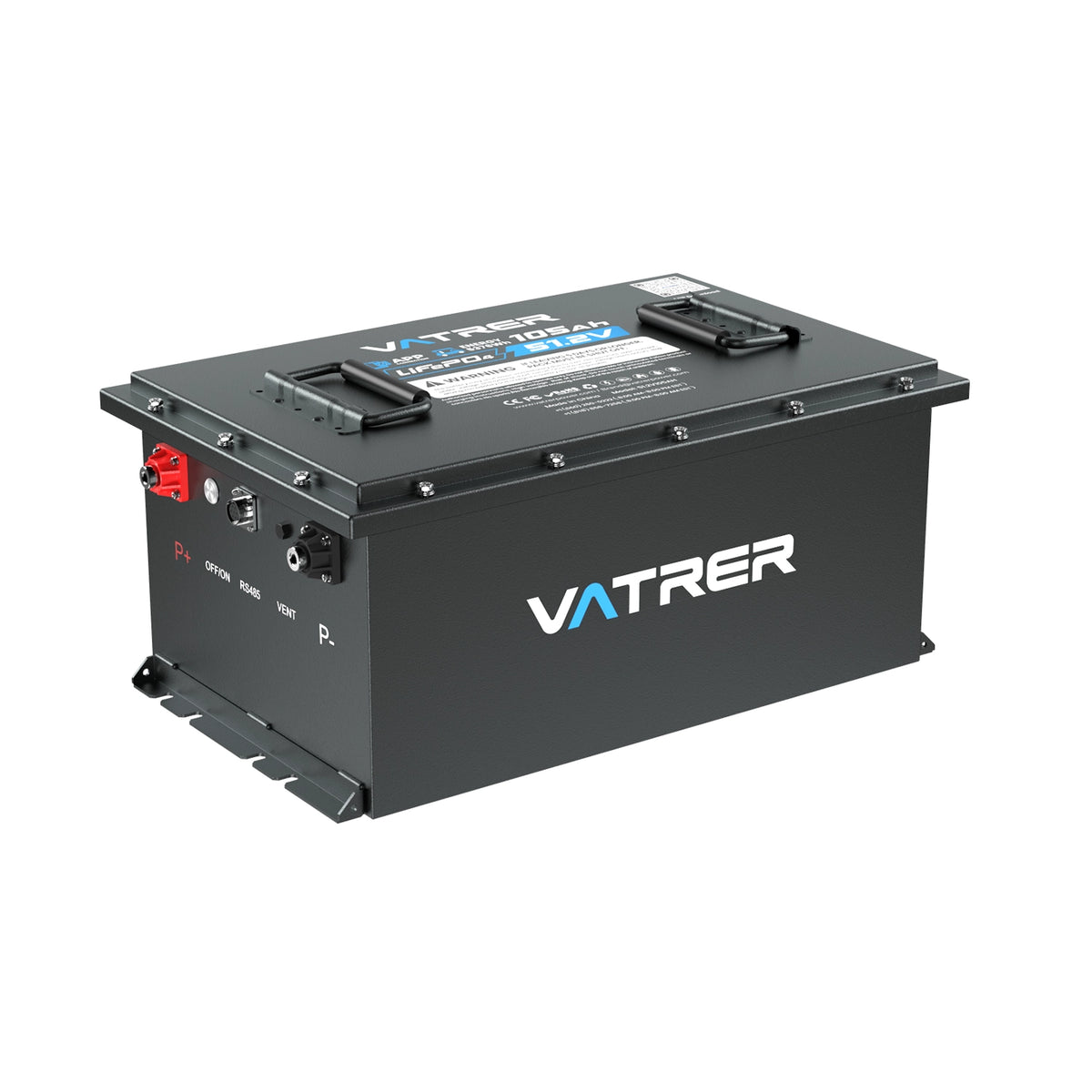How Much Do Golf Cart Batteries Cost? Let us talk batteries. Not the little AA ones you toss in the TV remote, but the big ones you find in yourgolf carts, RVs, solar systems, and even boats. You know — the batteries that cost way more than you expected and make you question your life choices for a hot second.
If you're wondering, "Why the heck are these things so expensive?" — you're not alone.
Whether cruising the neighborhood in your golf cart, powering up your RV in the middle of nowhere, or trying to go green with solar, battery prices can feel like a slap in the wallet. But don't worry — we're gonna break it all down, keep it simple, and maybe even save you a few bucks.
✅TOC:
- Battery Types & What They Cost
- - Lead-Acid Batteries
- -- Flooded Lead-Acid (FLA)
- -- AGM
- - Gel Batteries
- - Lithium-Ion Batteries
- Lithium vs. Lead-Acid
- Not Just Golf Carts
- What Makes Some Batteries More Expensive
- Hidden Costs Nobody Tells You About
- Which Battery Should You Buy
- How to Score the Best Battery Deal
- FAQs
- Final Thoughts
Battery Types & What They Cost
First — not all batteries are created equal. There are a few different types out there, and they’ve all got their quirks.
Lead-Acid Batteries
Flooded Lead-Acid (FLA)
- Kinda like the grandpa of batteries. Cheap, reliable-ish, but high-maintenance
- Cost: Around $100–$200 each, or $600–$1,500 for a full set in a golf cart.
- Life: 4–6 years (if you baby them).
- You’ll need to water these things regularly — not a joke.
AGM (Absorbent Glass Mat)
- Basically a fancier lead-acid battery. Still heavy, but no watering needed.
- Cost: $150–$300 each, or $1,000–$2,000 total.
- Life: about 5–7 years. No fuss.
Gel Batteries
- Kinda like AGM but more sensitive about how you charge them.
- Cost: $1,200–$2,500 for a setup.
- Life: 5–7 years, give or take.
Lithium-Ion Batteries
- These are the future. Lighter, longer-lasting, and super low maintenance.
- Cost: Yeah, they’re pricey — think $2,000–$5,000+ for a full setup.
- But get this: they can last 10 years or more.
- Vatrer Power makes killer lithium batteries in 36V, 48V, and 72V that are designed to go the distance — we’re talking 4,000 to 6,000 charge cycles.
Lithium vs. Lead-Acid: who Wins the Money Game?
Let’s look at the real cost over ten years (yes, we did the math so you don’t have to):
| Battery Type | Price (about) | Replacements (10 yrs) | Maintenance | Total Cost |
| Flooded Lead‑Acid | about $800 | $1,600 | $600 | $3,000 |
| AGM | about $1,200 | $2,400 | $0 | $3,600 |
| Lithium‑Ion | about $1,800 | $0 | $0 | $1,800 |
So yeah, while lithium looks scary at checkout, it actually saves you $$$ long-term. yes, No joke.
Not Just Golf Carts: This applies to RVs, Solar Systems, and Boats Too
Here’s the deal — the same battery questions pop up if you’re:
- Living the van life in your RV
- Running solar panels off-grid
- Floating around in a trolling motor boat
- Or even setting up a backyard power backup system
In all of these, the big debate is always the same: Cheap up front, or smart in the long run? Lithium’s always the long-game winner. Period.
So, what Makes Some Batteries More Expensive?
Good question! Here’s what bumps the price:
- Battery Tech – Lithium = pricey upfront, but way fewer replacements.
- Capacity – More amp hours (Ah) = more money. 200Ah costs more than 100Ah.
- Brand – You get what you pay for. Cheap no-name batteries from sketchy sellers? Risky.
- Voltage – 72V will cost more than a 36V. But it's great for beefier needs.
- Warranty – Vatrer offers a sweet 10-year warranty. Lead-acid? You're lucky to get 3.
Yes, sneaky Hidden Costs Nobody Tells You About
Here’s what could sneak up on ya:
- Installation – Expect to pay $100–$500 if you're not doing it yourself.
- Chargers – Lithium batteries need special chargers. Vatrer’s LiFePO4 chargers are around $49.99–$269.99.
- Recycling Fees – Lead-acid batteries often have fees ($10–$100) when you toss ’em.
So… which Battery Should You Buy?
Depends on your vibe:
On a tight budget? Go with flooded lead-acid, but be ready to replace them often.
Want to save over time and skip the hassle? Go lithium. seriously.
They're lighter, charge faster, and need zero maintenance. Your future self will thank you.
| Feature | LiFePO4 Battery | Lead-Acid Battery |
| Energy Density | 200% | 100% (Baseline) |
| Charging Speed | 5X Faster | 1X (Slow) |
| Cycle Life (Number of Cycles) | 8X Longer | 1X (Short) |
| Safety & Reliability | 100% Safe (Stable Chemistry) | Risk of Leakage/Overheating |
| Maintenance | Maintenance-Free | Regular Maintenance Needed |
How to Score the Best Battery Deal?
Alright, here’s the playbook:
Buy in bundles – Vatrer’s 48V/72V kits come ready to roll.
Watch for deals – Holidays, spring sales, or veteran discounts. (Psst… Vatrer Easter Deals)
Check compatibility – Vatrer has tools and friendly folks who’ll help.
Don’t skip the warranty – 10 years is a long time — cover your butt.
FAQs (Because We Know You're Wondering)
Q: Are those $200 eBay batteries too good to be true?
A: yes, maybe, no warranty, no BMS (battery safety system), and they might fry your cart.
Q: What if I live in a cold state like Michigan?
A: Vatrer has many self-heating batteries.
That's All
If you're still rocking old-school lead-acid batteries, that’s fine… for now. But if you're tired of replacing batteries every few years or worrying about charging them wrong, it's time to check out Vatrer’s lithium lineup.
They're not just for golf carts anymore — they’re perfect for RVs, home storage, boats, you name it. And with 10-year warranties and real savings long-term, going lithium is kinda a no-brainer.
💬 Need help? Hit up brand@vatrerpower.com — they’re super friendly.




